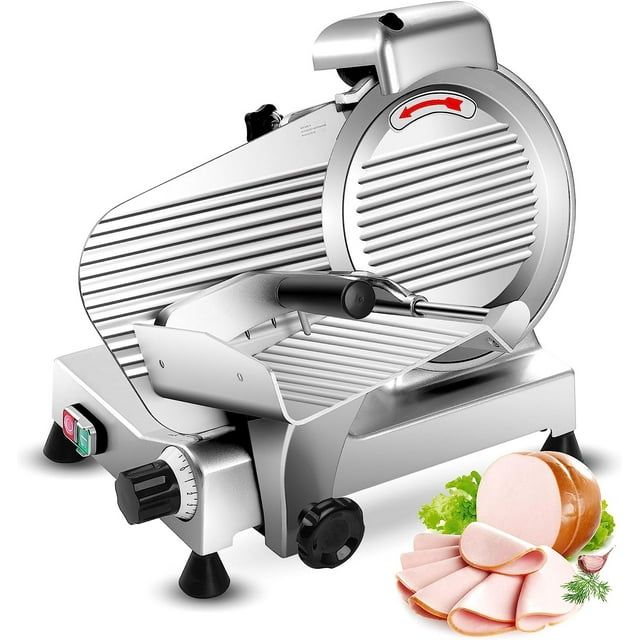Understanding Your Meat Slicer Needs
When it comes to preparing meats for sandwiches, salads, and various dishes, a meat slicer is an invaluable kitchen tool. Whether you’re a professional chef or a casual home cook, selecting the right meat slicer can greatly enhance your efficiency, improve quality, and ensure safety. However, with a plethora of choices available, navigating the market for the ideal slicer can be overwhelming.
Analyzing the Types of Meat
The first step is to consider the types of meat you plan to slice most often. If your primary focus is on thin cuts like deli meats, a manual or semi-automatic slicer may suffice. These options are usually more budget-friendly and versatile, able to slice various meats such as ham, turkey, and roast beef. Conversely, if you’re working with thicker cuts like steaks or roasts, you’ll need a more powerful, heavy-duty slicer.
Space Considerations of Meat Slicer
Another vital aspect to factor in is the slicer’s size. If counter space is at a premium in your kitchen, a compact or mini slicer could be ideal for you. These models are designed for space efficiency while still delivering quality slices. However, if you have the room, a larger slicer may be advantageous, allowing you to process greater quantities of meat with more precise slicing control.
Material Matters of Meat Slicer
The material of the slicer is also an important consideration. Slicers can be constructed from stainless steel, aluminum, or plastic. Generally, stainless steel models offer superior durability and easy cleaning. Aluminum slicers may be lighter but can be prone to rust, while plastic slicers tend to be more affordable but may lack durability and ease of maintenance.
Prioritizing Safety Features of Meat Slicer
Safety is another critical factor when selecting a meat slicer. It’s essential to choose one with a stable and secure design. Look for features such as a sturdy base and an adjustable blade guard to safeguard against accidental cuts. Additionally, having a built-in sharpening system can help maintain the blade’s sharpness and reduce the risk of accidents.
Evaluating Warranty and Support of Meat Slicer
Lastly, consider the warranty and customer support provided by the manufacturer. A robust warranty can offer peace of mind and protect your investment should any issues arise. Additionally, responsive customer support can be beneficial if you have questions or concerns about your slicer.
Conclusion of Selecting the Meat Slicer
In summary, selecting the right meat slicer for your kitchen requires thoughtful consideration of various factors: the types of meat you typically slice, the size of the slicer, its materials, safety features, and the warranty and support offered. By taking the time to research and compare your options, you can find a slicer tailored to your specific needs, allowing you to achieve professional-quality results in your culinary endeavors.

